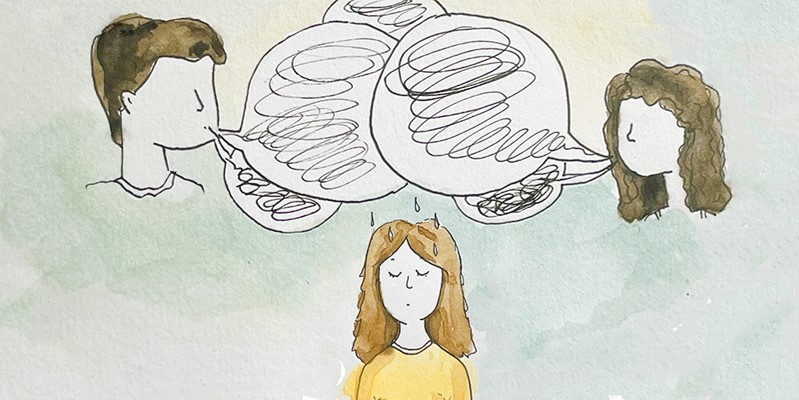The Power of Not Yet
“I don’t understand; I’m just not good at math. ”
“I have no ideas and I just cannot write good stories.”
“I can’t draw; that’s why I don’t like drawing!”
These are all statements that go straight to the heart. As a teacher and mother of three children, I have repeatedly experienced situations in which I stumbled in my attempts to motivate the children around me. I encouraged and explained lovingly and patiently. Nevertheless, I had to admit to myself again and again that it was not enough.
Then I came across the work of Carol Dweck, a psychologist and professor at Stanford University in the United States. Carol Dweck’s research shows that the statements of teachers, parents and other caregivers have a long-term impact on the mindset, which develop into the way children think about learning and life. Dweck clearly illustrates that we influence the behavior and learning motivation of children through both encouragement and subtle statements which collectively create either a fixed or a growth mindset in the child.
Depending on how children think, they tackle a challenge or they avoid it. With a fixed mindset, children think that the effort is secondary because talent is either innate or not.
With a growth mindset, children are convinced that they can improve through their own efforts. They are looking for solutions that bring them closer to their goal. A growth mindset makes children less likely to give up. They recover faster from failure and accept mistakes as an important part of learning.
With the two little words “not yet” you can have a lasting positive influence on the growth mindset of children. “Not yet” means that every child can approach a goal, even if it seems unattainable at the moment. The little words “not yet” give every child the strength and dedication to cope and stay with a certain challenge, even if it is difficult.
In the last few years I have dealt intensively with cultivating the growth mindset in our family and also in dealing with students in my classroom. A growth mindset does not come overnight and not even with a magic wand. It’s a process that needs to be patiently maintained. There are many creative and enjoyable ways to cultivate the desired mindset and thus strengthen the child’s self-confidence through communication. Here are some examples:
Instead of…
Rather:..
I’m not good at …
I’m not good yet…but I can learn.
It is so difficult!
I have to figure out how to do this. What are my options?
I am afraid of making a mistake.
Mistakes are okay and take me further.
I cannot do this.
I ask someone if they can support me with an idea or strategy.
I am not trying. I could fail.
If I fail, I’ll try again. Until I succeed.
I’m not as smart as my sister / brother / girlfriend / boyfriend.
I am responsible for how well I can cope with something and how much I work for it.
I’m great at …
I’ve been practicing and that’s why I’m good at it now.
This is so easy!
How do I make it more challenging for myself?
By Branka Rezan
Branka lives with her husband, two sons ages 14 and 8 and daughter, 12, in Küsnacht and works as a teacher in the city of Zurich. She is a coach, the founder of Kidster, and organizes online events and courses for parents of children ages 5 to 18. Her focus is on giving children a strong mindset and self-esteem as well as the motivation to step outside their comfort zone so that they can face the challenges of everyday life with inner security and confidence. She writes a weekly blog in German on Kidster Mindset about overcoming family challenges and school life. www.kidster.ch
Illustration by Aleksandra Koroleva
Aleksandra, originally from Moscow, Russia, now lives in Adliswil with her husband and 6 year-old son. She specializes in clinical psychology and started studying illustration after her son’s birth. In her free time Aleksandra likes sleeping, just like all mothers do. https://www.instagram.com/uber_evil




